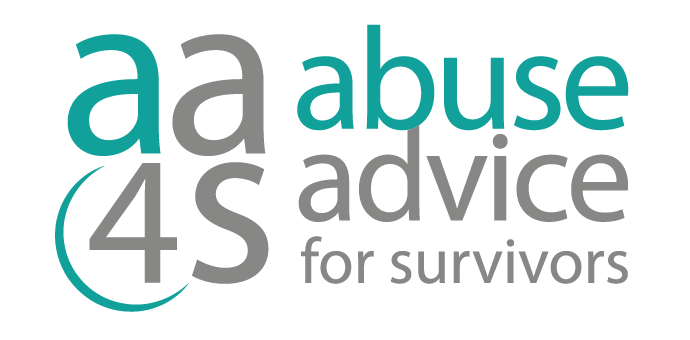The Human Rights Act of 1998 was recognised as "one of the most significant pieces of constitutional legislation enacted in the United Kingdom" by the Home Office. It is a fundamental aspect of the Government's mission to create a society where the rights and duties of our citizens are clearly identified and properly balanced".
The Human Rights Act makes it illegal for a public authority to violate any of the Act's rights and allows charges to be taken against the public authority in a UK court if a breach has occurred.
From October 2000, it has been possible to bring Court proceedings against a public authority in the appropriate UK Court. Anyone who believes that the actions or decisions of a public authority have infringed on that person's human rights may file a court action. Furthermore, if you believe that a public authority is about to infringe on your rights in the future, you may file a lawsuit to prevent that from happening.
The Human Rights Act of 1998 officially put human rights into UK statute law. Rights have always existed in UK law, but they were not officially recognised by statute until 1998. The following are examples of typical rights
- The right to life
- The right not to be tortured
- Freedom from slavery or forced labour
- The right to freedom and security
- Freedom of expression
- The right of quiet enjoyment
- The right to privacy & Family Life
- The right to a fair trial
- The right to marry
- Freedom of thought, conscience, & religion.
- Freedom of assembly and association
- Freedom from discrimination.
.Any violation of the aforementioned rights entitles an individual to seek legal assistance.
Human rights violations are alleged in Failure to Care Claims, specifically on behalf of children who were left to be harmed in a family environment rather than being taken into care by Local Authorities, or in cases involving modern slavery and child trafficking.










